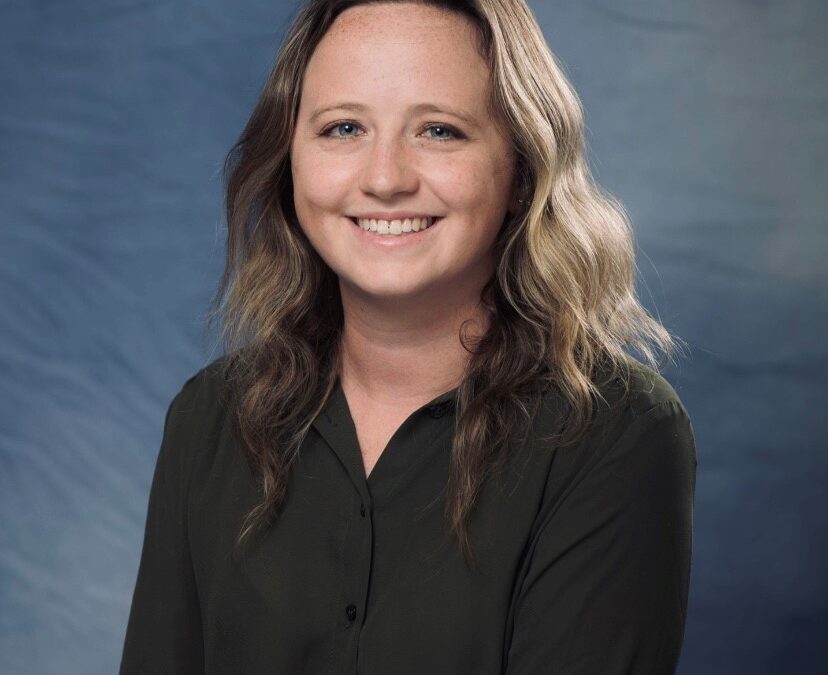Urbana, Ill. – In 2021, Illinois graduate student Sarah Gardner was awarded a Cancer Center at Illinois (CCIL) Graduate Cancer Scholarship. Today, Gardner continues her research supported by the CCIL, studying cancer stem cells, associated enzymes, and how the tumor microenvironment influences cancer cell phenotype.
As an undergraduate student at the University of Iowa, Gardner’s research focused on retinal development and potential therapies. Her experiences inspired her to pursue a research career in creating imaging agents for cancer imaging and uncovering new findings in cancer biology.
When considering her options for graduate school, Gardner felt drawn to Illinois and CCIL scientist Jefferson (Jeff) Chan’s lab for their excellence in cancer research and development. Chan’s graduate students are also encouraged to mentor undergraduate students from various disciplines in their research, creating an interdisciplinary learning environment.
“I love the people in Dr. Chan’s lab – they’re all very collaborative and supportive, invested in each other’s success. When I graduate, other lab-mates who have been working with me will pick up and continue this project,” Gardner said.
Gardner’s work uses a lung cancer cell line that has high concentrations of aldehyde dehydrogenase (ALDH), which is responsible for converting aldehydes to carboxylic acids and may play a role in resistance to chemotherapies with aldehyde intermediates. Gardner believes that ALDH may also be affecting phenotypes such as cancer cell stemness, proliferation, and motility.
Gardner is researching how ALDH and its downstream pathways are affected by the tumor microenvironment and surrounding tissue. For instance, inflammation is common in the lungs due to factors such as second-hand smoke, lung infections, or inhaling air pollutants, and inflammation can be a source of nitric oxide. Gardner hypothesizes that higher concentrations of nitric oxide in the tumor microenvironment could affect ALDH function and contribute to aggressive cancer growth, increased rates of metastasis, and higher rates of cancer recurrence.
“While there are good methods for cancer treatment, they are not perfect… improvements could be made if we understood the effect of external factors, such as the environment, or internal factors, like the tissue microenvironment,” Gardner said. “If we did, we could develop better treatment options: the more we understand, the more we can plan. This work could also suggest that NO-scavengers or anti-inflammatory drugs may increase therapeutic effectiveness when treating lung cancer.”
Gardner collaborates on several additional cancer-related projects in the Chan lab, including a project with lab mate Catharine Brady developing a photodynamic therapy agent, a more specific and less toxic cancer treatment which consists of a compound that generates reactive oxygen species when irradiated with light.
In the future, Gardner hopes to continue contributing to cancer research by entering the research and development industry for cancer therapeutics and imaging agents. She looks forward to applying her knowledge to create treatments that specifically target cancer stem cells.
– Written by the CCIL Communications Team
The Cancer Center at Illinois Graduate Cancer Scholarship Program (GCSP) provides graduate students in CCIL member labs with experience preparing research proposals for supporting high-quality collaborative research conducted by those students.

